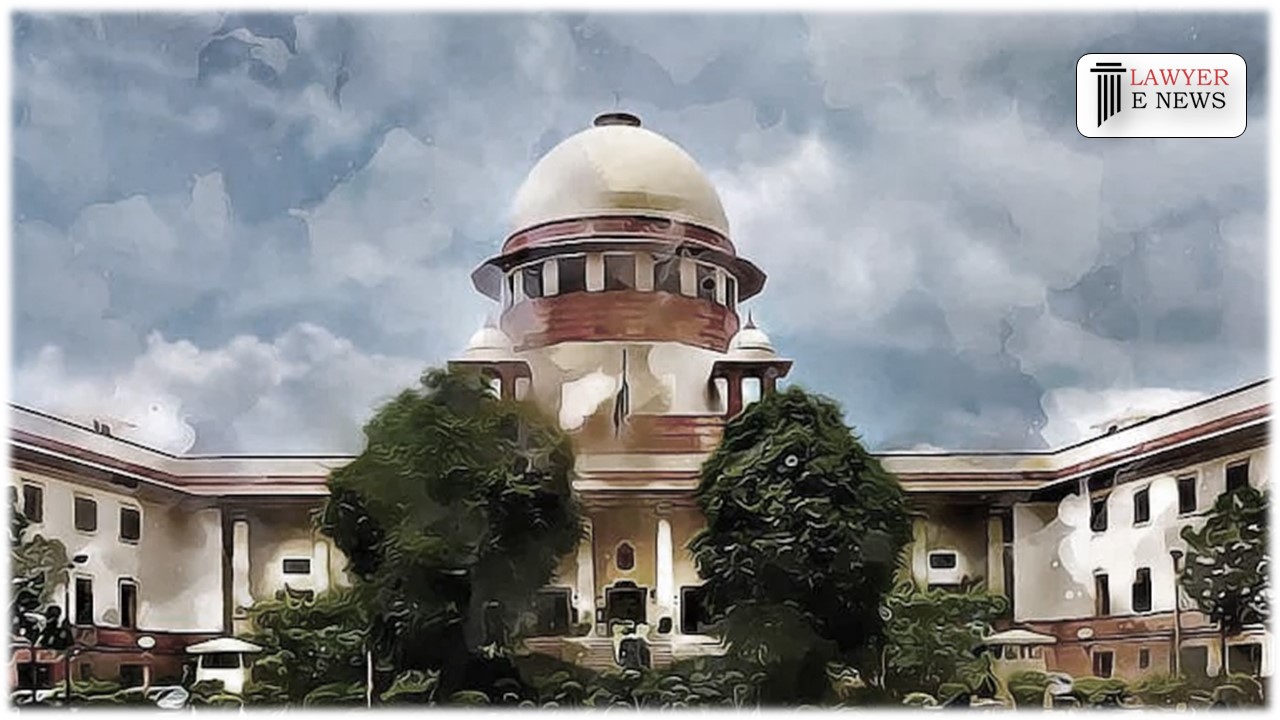-
by Admin
16 February 2026 4:21 AM



In a significant ruling, the Supreme Court of India, in its judgment delivered on October 19, 2023, has held that the quashing of a First Information Report (FIR) is not warranted in a partnership dispute case. The court observed a “prima facie case” of theft, house trespass, and criminal intimidation, emphasizing that such cognizable offenses deserve proper investigation and legal proceedings.
The case, involving a family dispute over a partnership, arose from a complaint registered under Sections 457, 380, and 506 of the Indian Penal Code. The High Court had previously quashed the FIR, a decision that was challenged and subsequently overturned by the Supreme Court.
Justice Vikram Nath, who authored the judgment, remarked, “The filing of the Small Causes Suit for eviction by M/s Sushma Constructions Pvt. Ltd. Impleading only respondent No.1 as the defendant speaks volumes about their collusion. What made Ambuj Rastogi believe that it was respondent No.1, who was alone the owner and in possession of the business being run from the shop in question, is nowhere reflected.”
The court further stated, “Theft committed in any building which is used as a human dwelling or for custody of property is punishable under section 380 of the IPC, and the sentence for a term which may extend to seven years and also be liable to fine. In the present case, there was breaking open of the locks of the premises wherein the property was stored for the purposes of theft, the punishment under section 457 of the IPC would extend to 14 years.”
The judgment also emphasized that any observations made in the order are only for deciding the issues raised and should not influence the ongoing investigation or trial, which should proceed independently based on the evidence presented.
This ruling underscores the court’s commitment to ensuring that cases involving alleged criminal activities receive a fair and thorough examination in accordance with the law, even in the context of civil disputes and partnerships.
Date of Decision: October 19, 2023
RUCHIR RASTOGI vs PANKAJ RASTOGI AND OTHERS ETC.
